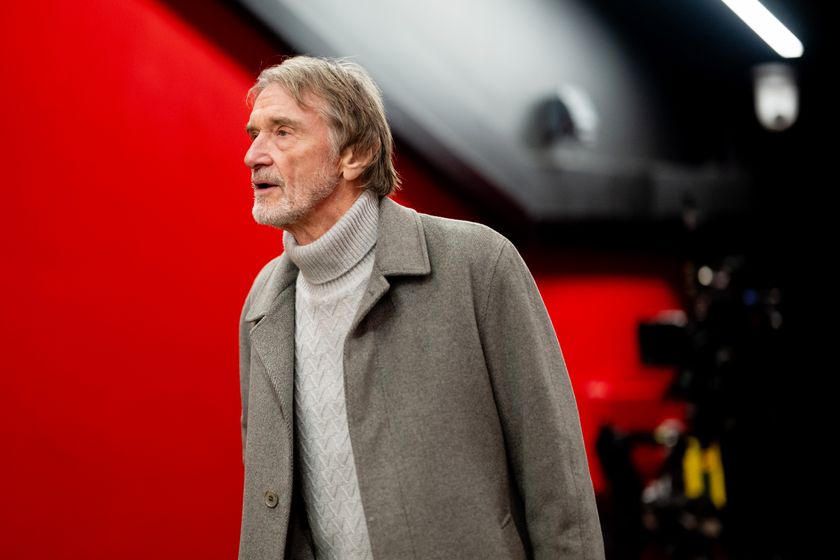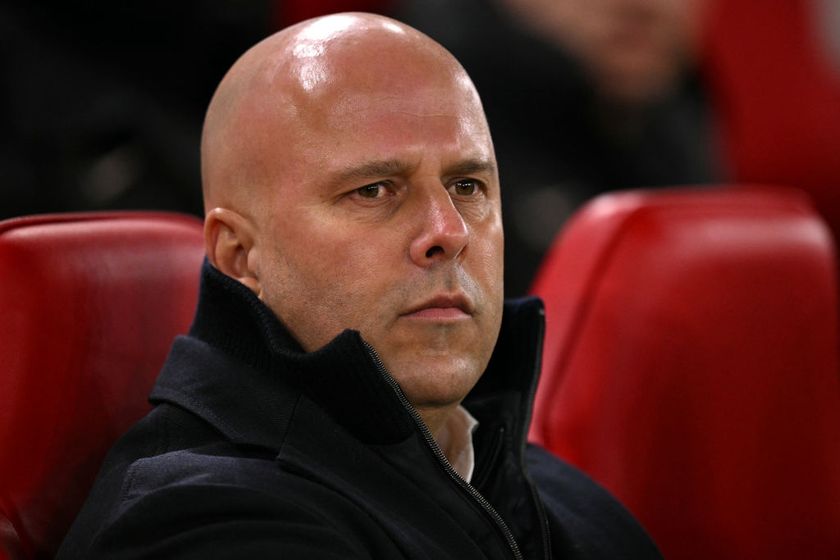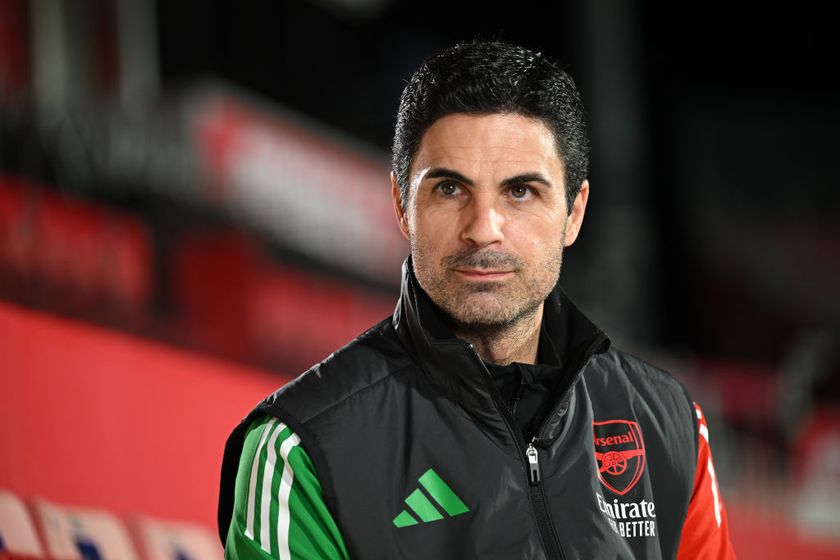Capital gains: well-connected PSG's revival is good for French football
Stuart Coleman, Editor of The Football Diaries, on the benefits of Paris St-Germain's rejuvenation
As Nicolas Sarkozy took his place in the ÃÂlysée Palace in June 2007, le président's team of choice had just finished their Ligue Un campaign in a dismal 15th. Paris Saint-Germain, one of French football's great clubs and the capital's only top-flight representatives, equalled their lowest-ever league finish after a season spent flirting with relegation.
That season had been a tumultuous one on and off the pitch, with former playing hero Paul Le Guen replacing the ineffective Guy Lacombe as manager in January 2007 and the shocking death of a PSG fan, shot by police after anti-Semitic harassment of an Israeli Hapoel Tel Aviv fan, in November 2006.
The fortunes of the capital city's biggest sporting asset had reached their nadir. As Le Guen's erstwhile employers Lyon swept all before them at the top of the table, PSG had to look on from the league's lower reaches, struggling without an all-important league title since 1994. By 2007, discord, violence and disappointment had established themselves as the club's defining features.
Fast forward four years and things are very different in the Western reaches of Paris, where the Parc des Princes rises like a brutalist monument to the beautiful game, standing watch over the ever-rumbling périphérique, the endless motorway marking the border between the city and the suburbs.
President Sarkozy, a genuine PSG fan, could afford a moment to forget his countryâÂÂs economic problems, and let slip a satisfied smile. The premier has reportedly played a major part in not only the revitalisation of the French top flight, but also the dramatic changes at his beloved Paris Saint-Germain.
In November 2010, French football was looking with increasing fear towards a bleak future. The clubs had been handsomely remunerated by a generous TV package since 2008, courtesy of a bidding war between major broadcasters Orange and Canal Plus. With the rights for the 2012-2016 contract soon to be arranged, Orange announced they would not be taking part, apparently leaving Canal Plus to a monopoly and an enviably strong position from which to negotiate.
Get FourFourTwo Newsletter
The best features, fun and footballing quizzes, straight to your inbox every week.
Having operated under a rights deal that paid better than the equivalent agreements in Spain and Germany, both of which are better-supported and more profitable leagues, the powers that be in French football were worried about the effects of vastly reduced rights money. Ligue Un's relatively low turnouts and a lack of commercialism could render contingencies incapable of bridging the impending financial gap: many thought that even bigger clubs like PSG could fold.
Enter Sarkozy. The French president played a major role in convincing Qatar's Crown Prince Tamim Bin Hamad Al-Thani to purchase a controlling share in PSG â and to persuade Qatari broadcaster al-Jazeera to step in and effectively save French football with a considerable TV rights deal.
Qatar Sports Investment, which was set up by the Crown Prince in 2005, was created in order to promote the oil-rich nationâÂÂs interests abroad, particularly in Europe. (As well as the takeover of PSG, QSI announced a record-breaking shirt sponsorship deal with global football darlings Barcelona.) The chairman of QSI and friend of the Crown Prince, Nasser al-Khelaifi, also happens to be the chairman of al-Jazeera sport, thus completing, for the Qataris, Sarkozy, French football and PSG, a mutually satisfying circle of influence.
It has been suggested that Sarkozy asked Michel Platini to support QatarâÂÂs bid for the 2018 World Cup, in order to oil the wheels of the rights deal and the takeover of PSG. Neither side admits to any such arrangement and while the UEFA chief firmly denies the accusation, but it is a matter of record that his influential vote ultimately did go to the unlikely Middle Eastern bid winners.
Whether the financial dealings behind the scenes at PSG were Machiavellian scheming or simply shrewd business, the news of PSGâÂÂs takeover by wealthy Qataris sent shockwaves through French football and was the beginning of a new chapter in the clubâÂÂs turbulent history. The new owners brought a renewed optimism and self-confidence to the clubâÂÂs beleaguered supporters, who have spent much of the last decade wallowing in self-pity.
QSIâÂÂs financial muscle allowed the club to compete with the richest of EuropeâÂÂs elite group; the signing of the highly-rated and widely-coveted Javier Pastore from Palermo for just under â¬40m in August was both a coup for the club and an overt announcement of PSGâÂÂs ambition. Indeed, Paris spent a wholly conspicuous â¬89m last summer; more than every other club in Europe, with the exception of EnglandâÂÂs own Middle Eastern nouveau riche, Manchester City.
Opposing fans have felt a curious mixture of envy and disdain, the culture of buying success being considered vulgar and less valid than âÂÂearnedâ victory â the same arguments that Chelsea and Manchester City had to contend with upon their own mega-rich takeovers. Despite the ostensibly obvious similarities, many PSG fans felt that the major investments taking place under QSIâÂÂs ownership were merely helping Paris back towards where they belonged â the top.
The merits of this line of thinking are up for debate, and it's worth remembering that last season PSG managed a creditable fourth place prior to QSIâÂÂs takeover. But no matter the route via which competitiveness has been reached, the club the French love to hate are, beyond any doubt, back.
The dominance of Lyon in the opening decade of the century, winning seven titles in a row from 2001/02 to 2007/08, was as interminably tedious as it was hugely impressive. A league dominated by one force is only genuinely positive for that club; the lack of competitiveness harms the image of the league abroad and bores neutrals and opposing fans alike.
Thankfully, the last three seasons have seen three different league winners, Lille, Marseille and Bordeaux having all claimed the Ligue Un crown. To add a little extra spice to the mixture, the poseurs from Paris are back and are more than ready to stake their own claim to French footballâÂÂs greatest prize.
PSG are the second best-supported club in France, after their arch-rivals, Marseille. The QSI takeover brings them back to the top table and provides Ligue Un with a continental contender with the stadium, profile and cash to attract quality players, such as Pastore, and a global fan base to the French top flight.
Brazilian Leonardo, who has taken up a Sporting Director role at PSG, has insisted that the playing squad will be improved by focusing on young French talent, which so often in the past has been drawn in by the far-reaching tentacles of the Premier League. The former Milan and Inter manager has also appeased those fans keen to explore the tantalising possibilities of the clubâÂÂs newfound wealth, with the promise of the occasional âÂÂmarqueeâ signing like Pastore thrown in for good measure.
Moneyed they may be, but the club is well aware of the negatives associated with a specious Galacticos policy. Maintaining a French core to the team and club will please fans and if the temptation to fill the team with stars is resisted, the French national team, which is still rebuilding its reputation after the World Cup debacle, should also see demonstrable benefit.
The claimed dedication to young French talent seems so far not to be just bluster, with the promising Blaise Matuidi, Jérémy Ménez and the outstanding Kevin Gameiro joining the likes of club captain Mamadou Sahko at the Parc des Princes in the summer.
With a rejuvenated squad, Paris have made an impressive start to 2011/12; Les Parisiens will enter the new year second in the table, kept off the top spot solely by an inferior goal difference to surprise contenders, Montpellier. Having just missed out on a second round spot in the Europa League, PSGâÂÂs ambition for the season is now the single-minded pursuit of that elusive Championnat.
Not all will be pleased at the kind of massive instant investment PSG are currently undergoing, but to see the club where the likes of Ronaldinho, Raàand Weah have shone, one of EuropeâÂÂs true glamour sides, revitalised, hungry and back amongst the leading pack at the top of Ligue Un is a satisfying sight for any fan of French football.
So vive Paris, vive la France et vive la révolution!



